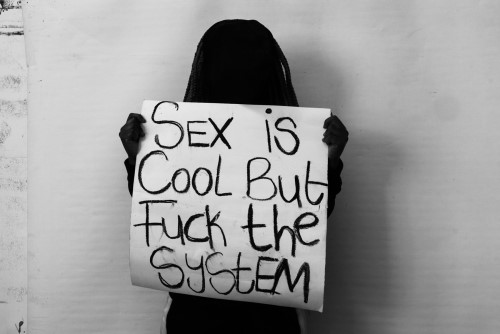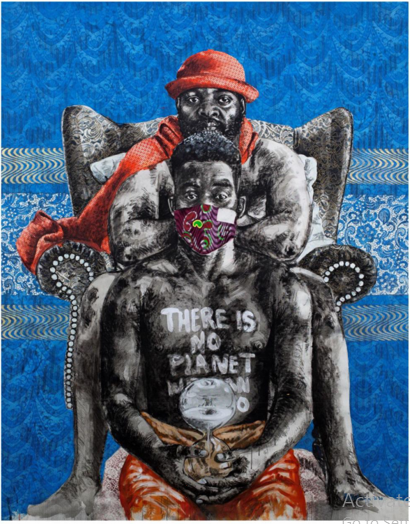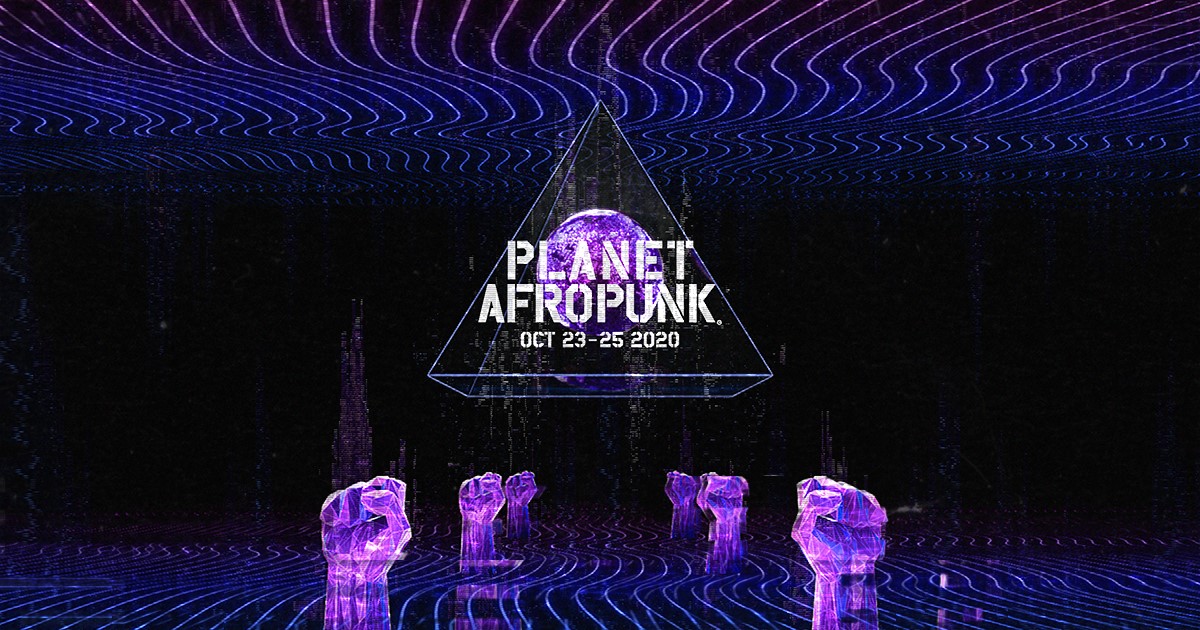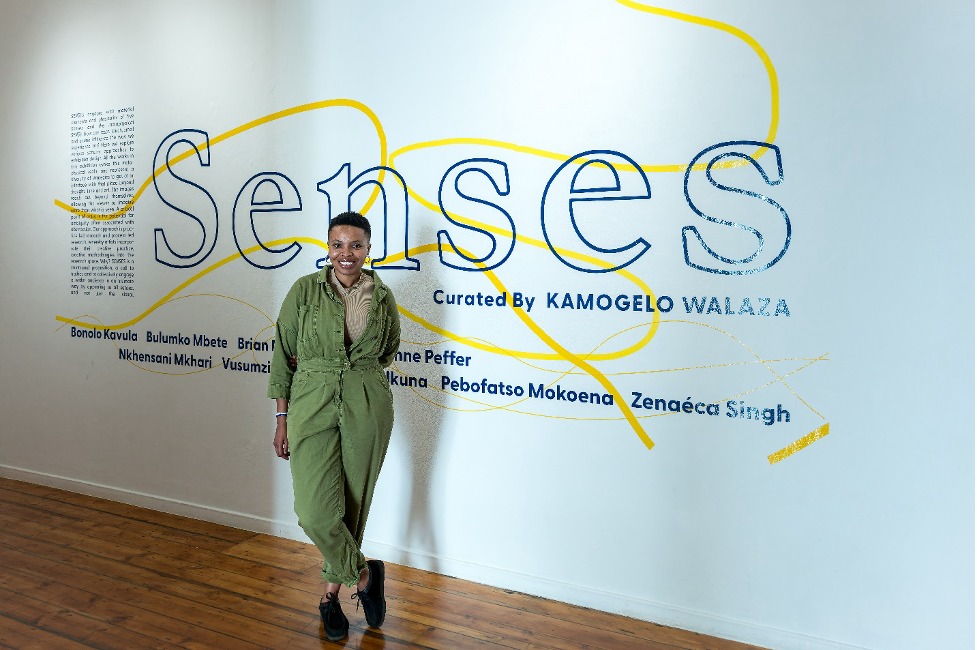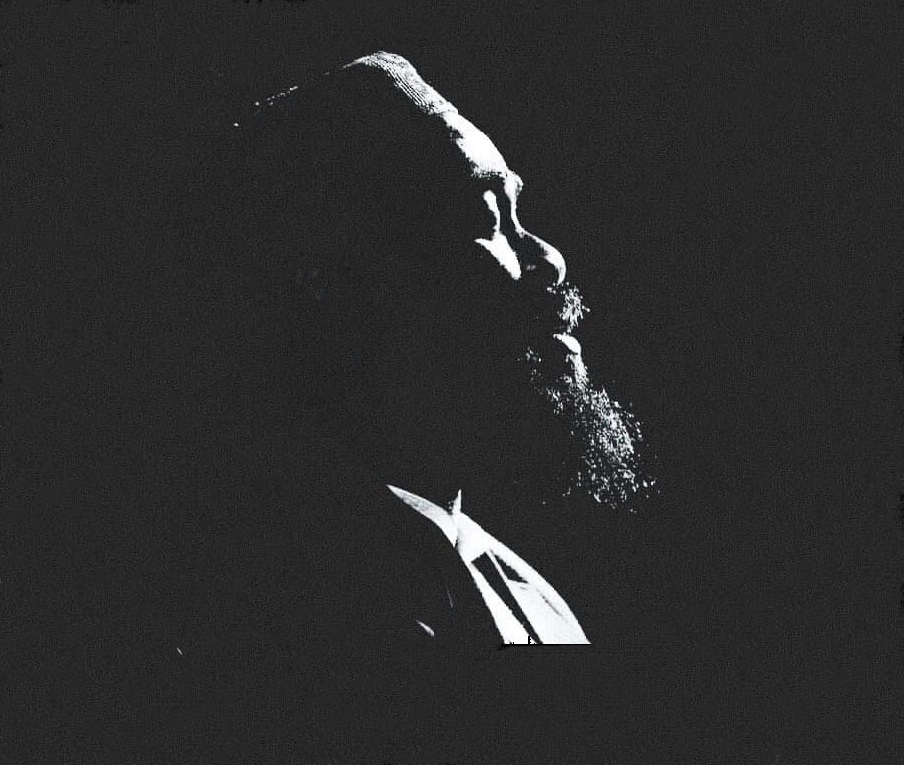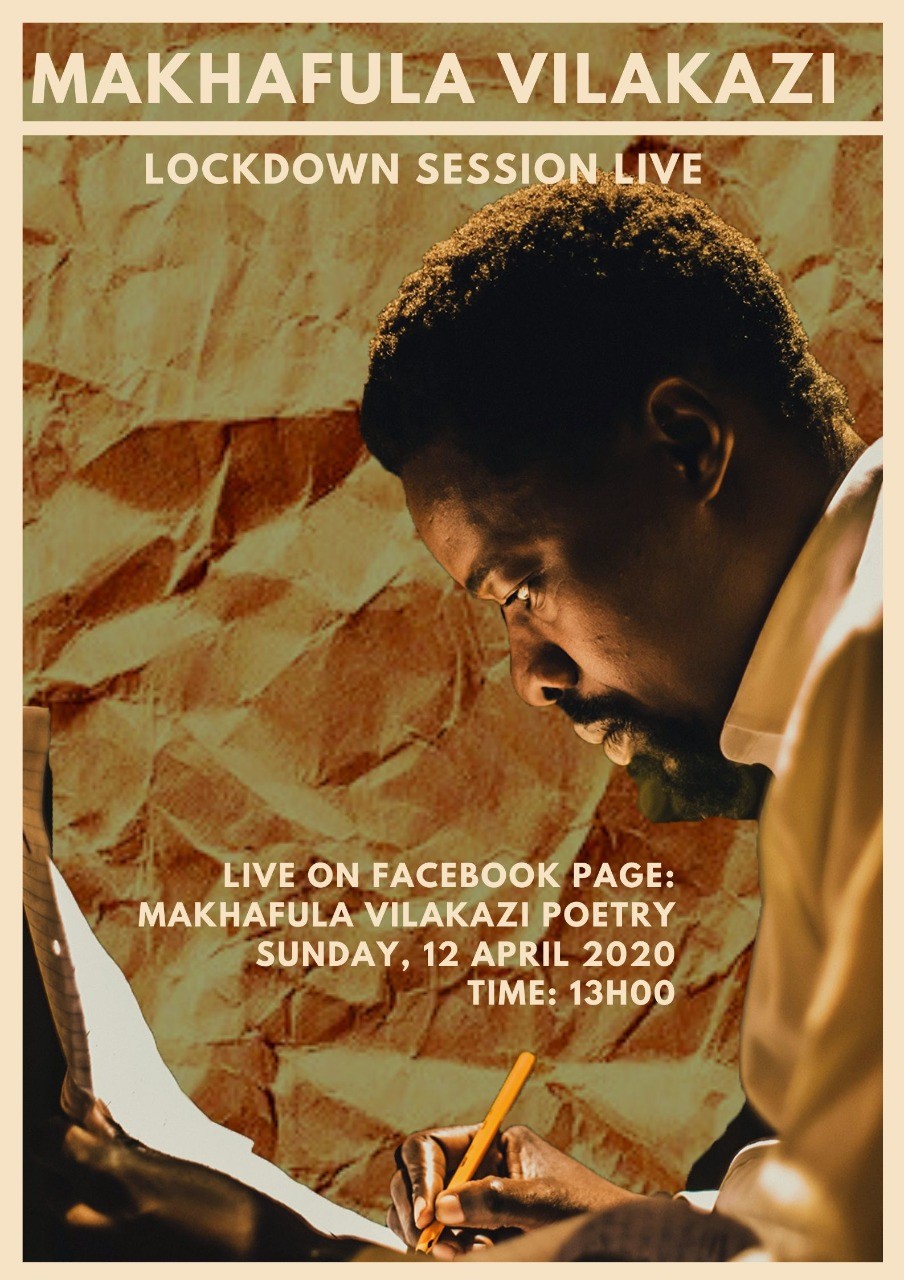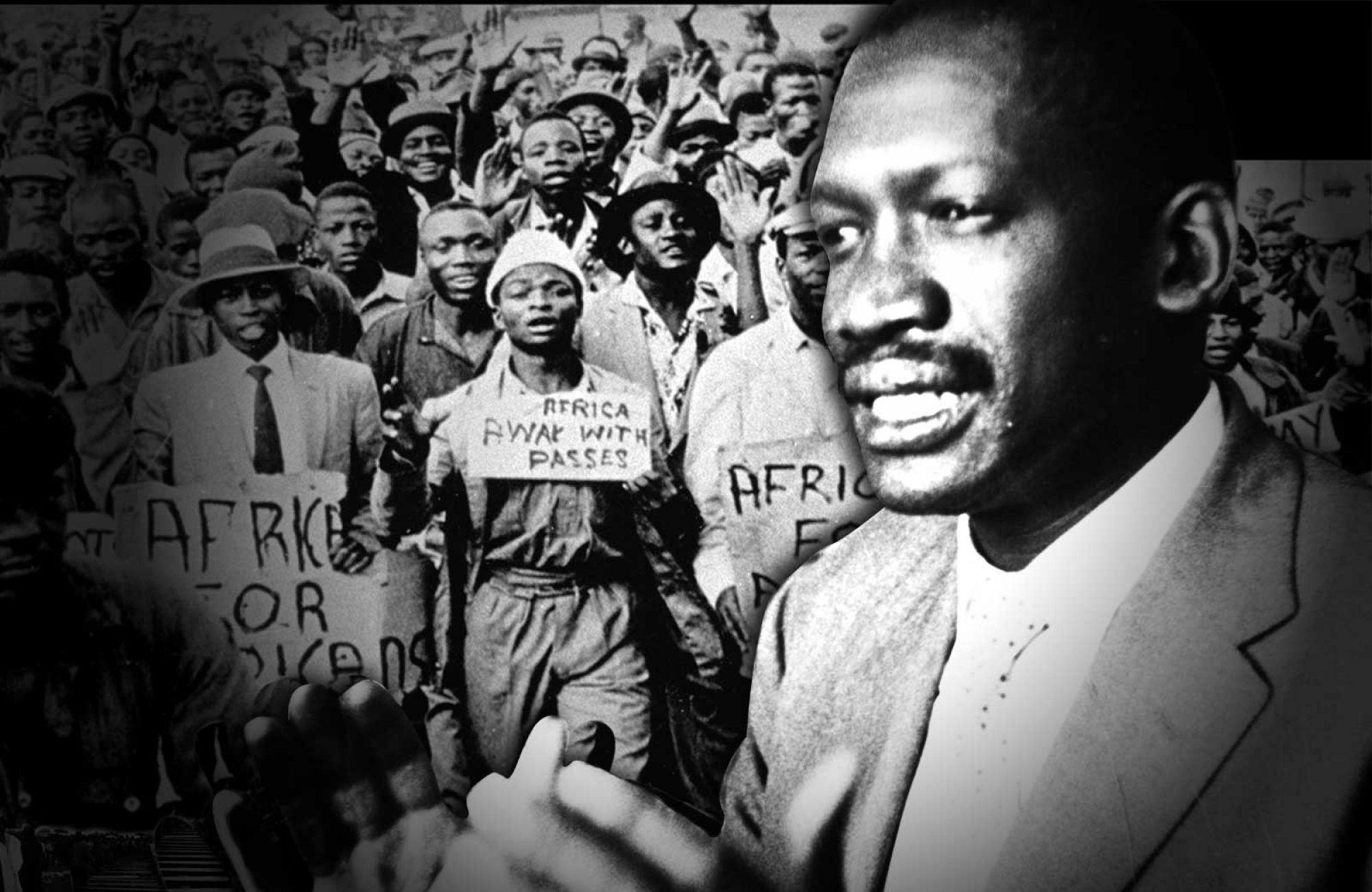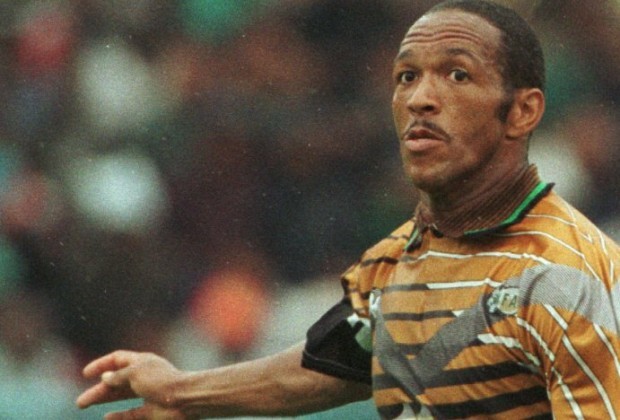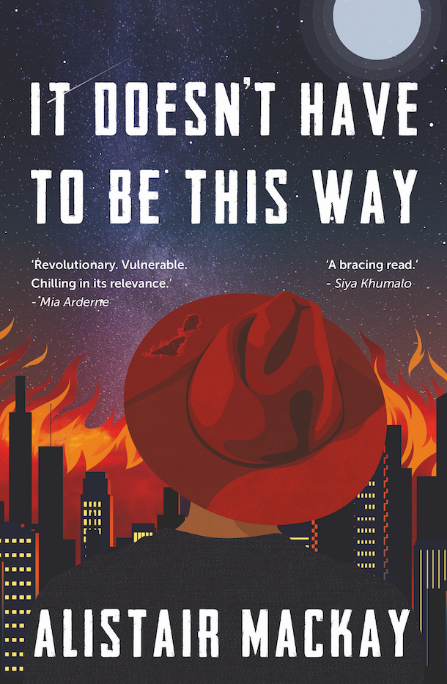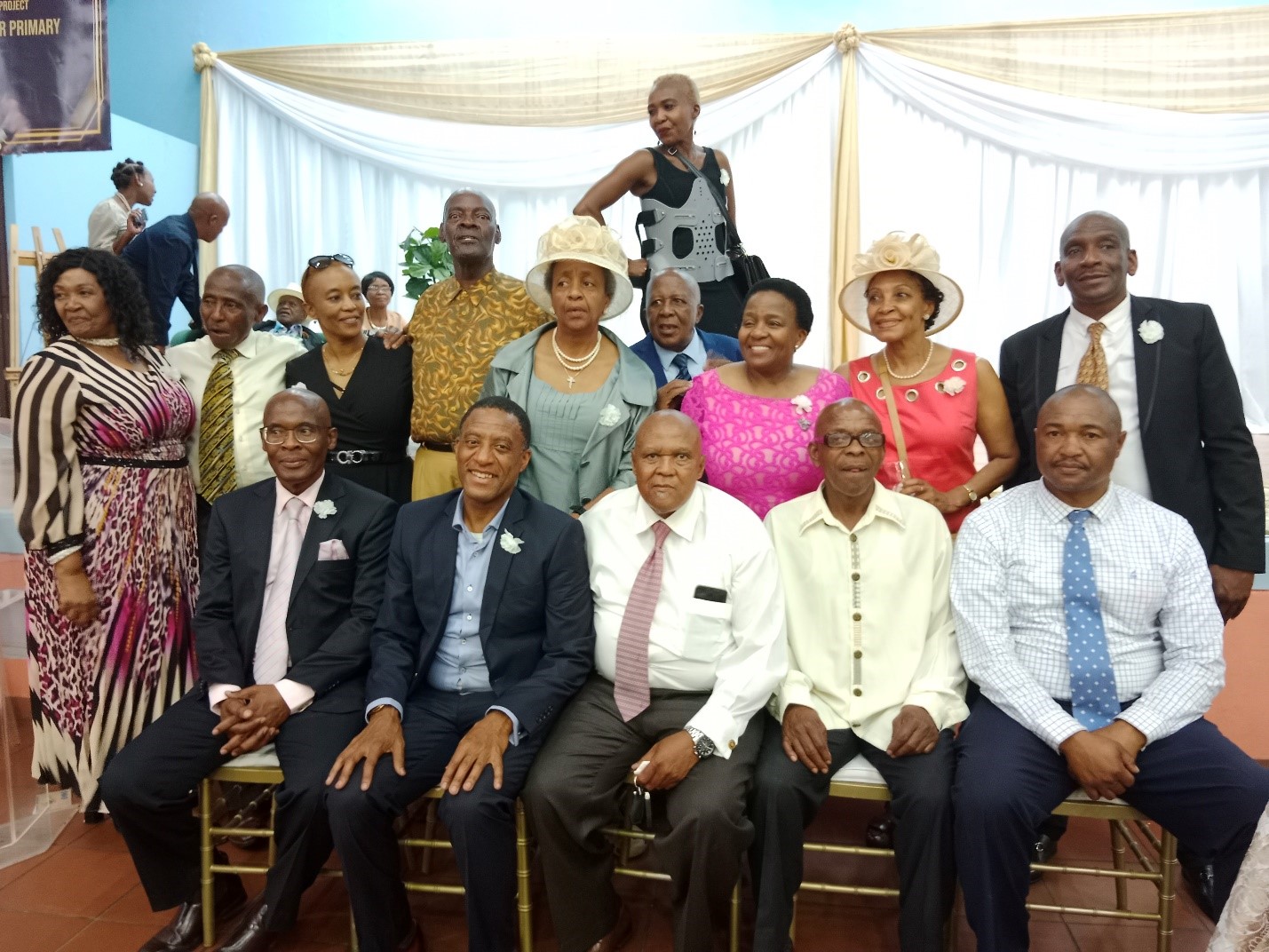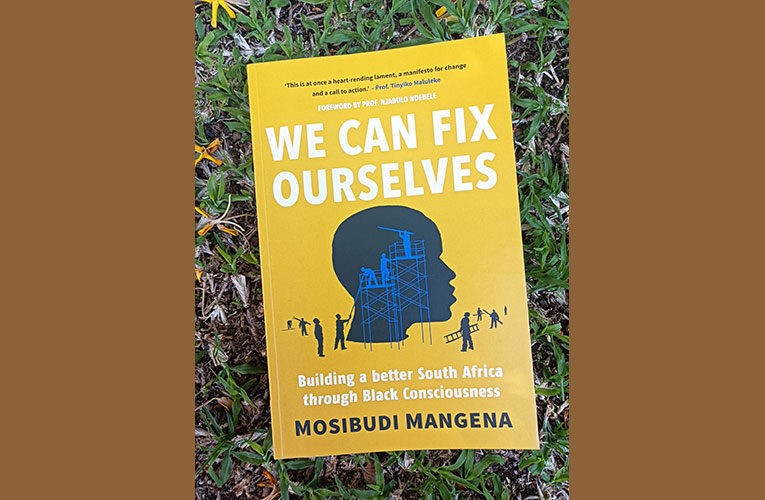During lockdown Stevenson offered free portfolio reviews to unrepresented artists, in collaboration with VANSA. These reviews took the form of virtual studio visits, offering a moment of encounter and exchange during a time of withdrawal and isolation. We looked at the work the artists were doing, and at the way they presented themselves to the world, offering feedback on both aspects of their professional practice.
The sheer excitement that this project generated, for the artists as well as our gallery team, made us wonder what else we could do to make our expertise and perspective available to artists outside our immediate orbit. This resulted in The Nonrepresentational, this exhibition of twelve of the artists we met during the process. In art criticism ‘nonrepresentational’ is a synonym for ‘abstract’. Used here, it draws attention to the fact that we do not represent the artists in the show, and it echoes the term ‘invitational’, an Americanism that describes a sports tournament open by invitation only.
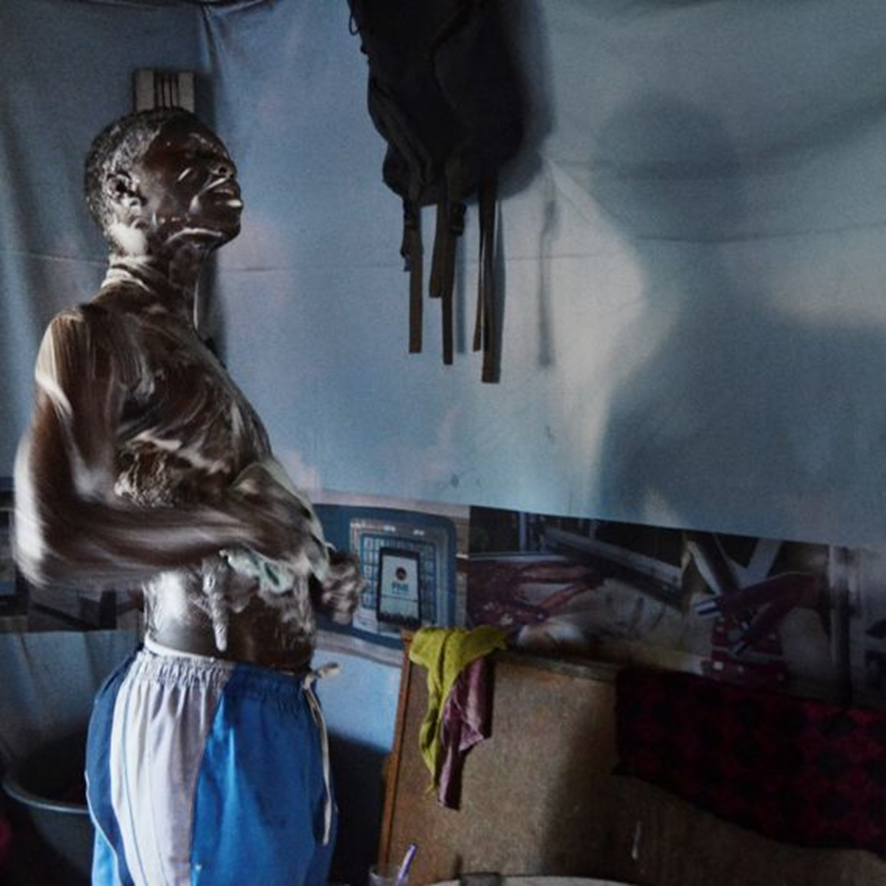
<Celimpilo Mazibuko
Among the selection is Lebogang Mogul Mabusela who addresses patriarchy through selling hand-made paper guns in an ephemeral bridal gift shop. Each gun is a particular call to action, some being used to determine favourable outcomes in lobola negotiations and others to threaten the theft of masculinity. Heinrich Minnie investigates urban landscape discourse through the lens of the elements – earth, air, fire and water. Nonkululeko Dube, who works in black and white photography, addresses police brutality and intersectionality.
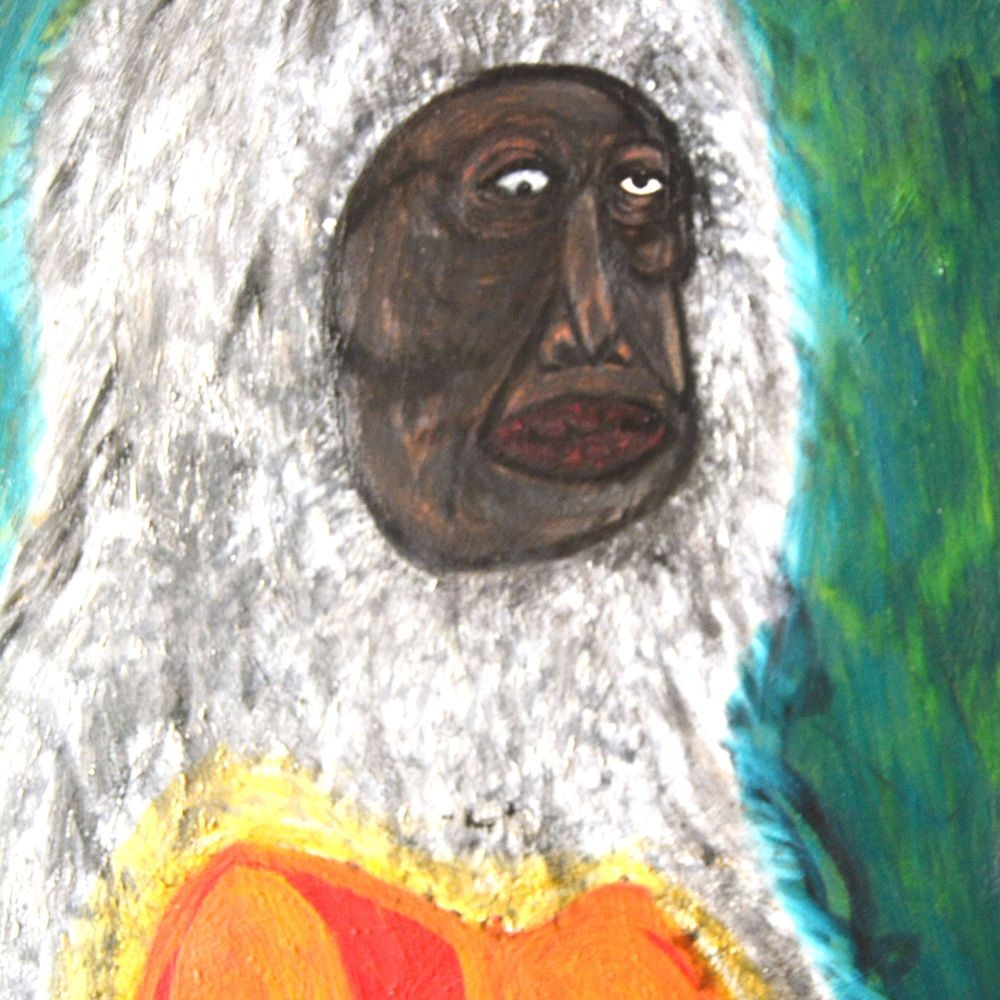
Boitumelo Motau
Boitumelo Motau, who predominately works in photography, now has a growing drawing practice engaging mythologies, religion and memory. Londiwe Mtshali engages the metaphysical and the performativity of rituals through self-portraiture – more so focalising cleansing rituals in the age of a pandemic. Nico Athene disrupts heteronormativity by interrogating body politics, gendered labour and intimacy through video and performance; Valerie Asiimwe Amani is concerned with the complexities of identity politics and the consequences of colonialism. Celimpilo Mazibuko confronts land injustice in post-Apartheid South Africa through documentary photography, and Tshepiso Mabula addresses reconciling history through intimate portraits of Black South African working class.
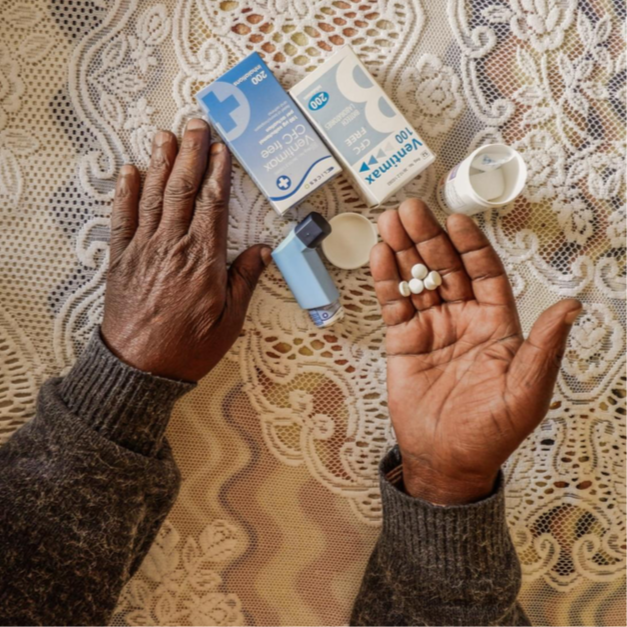
Tshepiso Mabula
Motlhoki Nono engages matrilineal relationships and generational burdens of culture on women. Callan Grecia explores identity and democracy in the post-Apartheid condition and Io Makandal is interested in the evolving dynamic between the urban environment and climate change.
Sales from the exhibition will be handled by Stevenson, offering the artists experience in working with a gallery, and ensuring a professional process for collectors. The full proceeds from each sale, after VAT, go towards the artist. The exhibition is curated by Lemeeze Davids and Dineo Diphofa.

